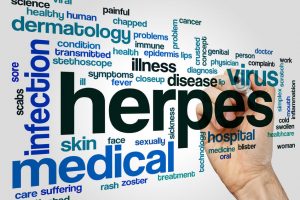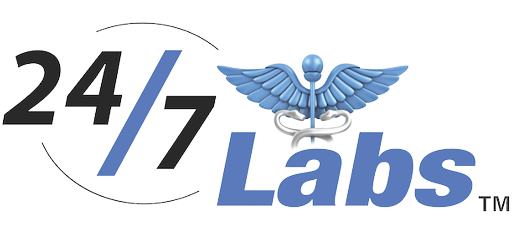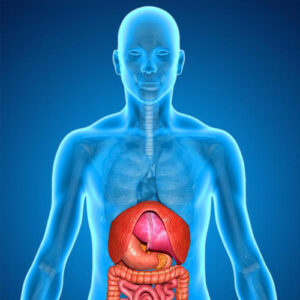 As one of the most visible STDs, herpes is also one of the most notorious. This long-term condition can affect the face, external genitalia, and anal region. There is no cure for herpes, but it can be effectively managed with the right treatments.
As one of the most visible STDs, herpes is also one of the most notorious. This long-term condition can affect the face, external genitalia, and anal region. There is no cure for herpes, but it can be effectively managed with the right treatments.
There Are Two Types of Herpes
Herpes exists in two different forms. Oral herpes, also known as HSV-1, affects more than 50 percent of people in the United States. Genital herpes, or HV-2, affects about 16 percent of people in the country. People aged 14 to 49 are more likely to have herpes.
Sexual activity makes it possible for one type of herpes to transfer and cause the other type of herpes. For example, receiving oral sex from a person with oral herpes can lead to genital herpes.
Do You Have Herpes?
The symptoms for oral herpes and genital herpes differ since they occur in different places on the body.
Oral herpes symptoms can last up to three weeks. Signs often begin with fever, fatigue, muscle aches, and irritability, then expand to include clusters of blisters and sores around the mouth. These blisters break and eventually become crusted and scabbed to heal.
Genital herpes is a bit different. The most notable signs of genital herpes include pain when urinating, blisters on the external genitalia or in the vagina, unusual discharge, pain, and itching. Genital herpes is often accompanied by a high fever.
How to Handle Herpes
The good news is that herpes outbreaks tend to become less severe over time. They can also be treated with simple home remedies:
- Take ibuprofen and apply Vaseline to affected areas
- Soak in a warm sitz bath
- Wear loose and soft clothing
- Refrain from sexual activity until symptoms are gone
Not sure if it’s herpes? An STD test can give you a definitive answer and help you seek the treatment you need. Call (631) 357-3332 now to schedule your lab test at 24-7 Labs in Tampa, Florida.



